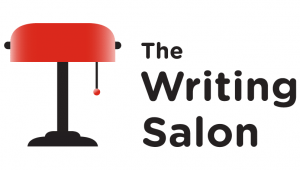 5 Sundays, April 9 – May 7, 10:30am-1pm
5 Sundays, April 9 – May 7, 10:30am-1pm
$275 members/$295 non-members
In this class we will address setting and backstory, two tools of fiction writing that are rich in potential but are underutilized. Writers often think of setting as simply the place and time in which events occur, but in this class we will first focus on setting as a way to shape and reveal a character, and we will then discuss the ways that setting can be used to isolate or challenge a character, leading to conflict.
“Over the years, numerous students have told me that they don’t feel comfortable writing backstory or have been told to avoid backstory,” says instructor Lori Ostlund. “My general philosophy is to utilize all tools, and backstory is one more tool to help writers make sense of their characters and give meaning to the plot. In this class we will look at ways to incorporate backstory through summary, exposition, flashback, and narrator recollection. We will also discuss some of the reasons that backstory has gotten a bad rap.”
We will look at examples from short stories and novels and engage in in-class exercises that focus on setting and backstory. Participants will use these exercises to create work at home, which we will workshop during the last two weeks of class. “My goal,” Lori says, “is for us to think about these craft elements in ways that are new and generative.”
Lori Ostlund’s novel After the Parade (Scribner, 2015) was shortlisted for the Center for Fiction First Novel Prize, was a finalist for the 2016 Ferro-Grumley Award for LGBT Fiction and the Northern California Book Award for Fiction, and was a Barnes and Noble Discover Great New Writers pick. Her first book, a story collection entitled The Bigness of the World, won the 2008 Flannery O’Connor Award, the Edmund White Debut Fiction Award, and the 2009 California Book Award for First Fiction. Stories from it appeared in the Best American Short Stories and the PEN/O. Henry Prize Stories. Scribner reissued the collection in early 2016. Lori received the 2009 Rona Jaffe Foundation Award and a fellowship to the Bread Loaf Writers’ Conference. Most recently, her work has appeared in ZYZZYVA, The Southern Review, and the Kenyon Review.
